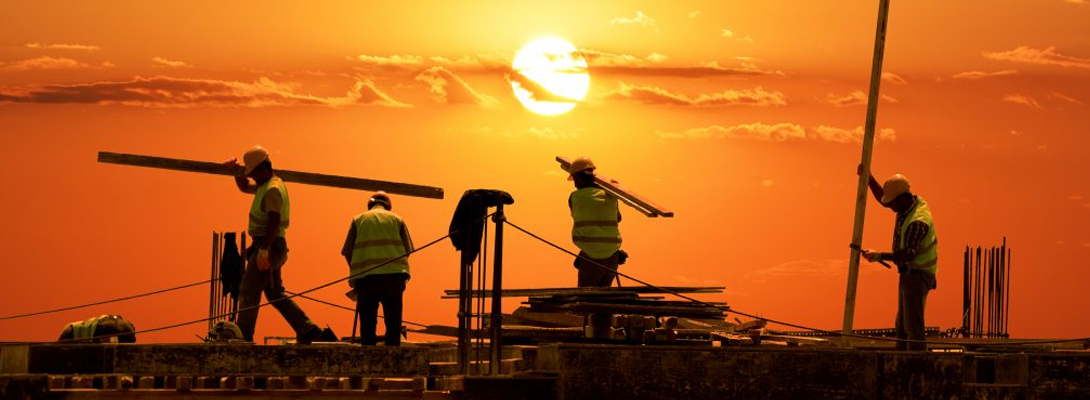No two jobs are ever quite the same; they all have their own pitfalls and laborious intricacies to be overcome. Are there really any consistent points to consider when taking on a new construction project? Of course there are! After all, using the metrics and the measurements are a tradesman’s only real way of trying to stay afloat in all the chaos of late deliveries, incorrect numbers and abundantly bad weather.
We do have a system to cling to in this industry, a guiding light to see us though the night; it’s what we like to consider ‘best practices’. What are considered the best practices are constantly shifting though, after all, they’re defined as:
“The policy, systems and procedures that, at any given time, are generally regarded by peers as the practice that deliverers optimal outcome, such that they are worthy of adoption.”
So as we can imagine, as soon as one practice becomes out-dated, it’s given the old heave-ho and a younger, sexier alternative is adopted in its place. The good news is that currently there are still some long-standing practices that are so damn good; they’re irreplaceable. Have a look below and make sure you’re adopting them!
Procurement
Before any job gets off the ground it’s important to do your homework. Find the right people for the job, the right suppliers and get the paper work and scheduling in hand for each. Going for lump sum contracts and lowest price tendering isn’t necessarily the best way to ensure quality. Invest in the best and get to signed and sealed to get it delivered.
Risk Management
No job is without risk so the best way to deal with it is to prepare for it; the best defence after all, is a good offence. A proper risk assessment is an excellent planning tool to see what issues may arise and ensure your build stays as on schedule as it can. Once all the risk items are identified, appropriate actions can be calculated for how to deal with them. This also helps massively with things like costing because you can have an idea of what a particular problem might end up costing the project. Assess, save and sleep easy.
Benchmarking
An excellent way to hone your skills or improve the impact of your workforce is to constantly be comparing yourself to your competition. Find out how you’re performing in the market then take those lessons learned and use them to make targeted improvements. Whether you’re an independent contractor or a larger company, having the answers to questions like ‘why are you better?’ or ‘how do you do things differently to others?’ is a quantifiable way of showing the public why you’re the best candidate for them.
Health And Safety
Healthy workers are happy workers. Everyone has the right to a safe working environment and companies who pay the most attention to this aspect are naturally more productive and more profitable. Careless mistakes cost people their livelihoods and sometimes even their lives. They also cost the company vast amounts in lost time and compensation payouts. Do the risk assessment, capitalise on it and make sure you’re a place where tradesmen flock to for safe, reliable work.
There are other practices; both old and emerging that can really boost your earnings and your reputation as a construction company (or a trader) so it really is a matter of on going research and keeping your ear to the ground. If you want proof of your skillset, give us a call at Construction Helpline; we will take you through the steps to get you CSCS qualified. Book a CSCS test through Construction Helpline and we’ll get your card delivered right to your front door. Then you can show your clients that the proof is in your pudding.


